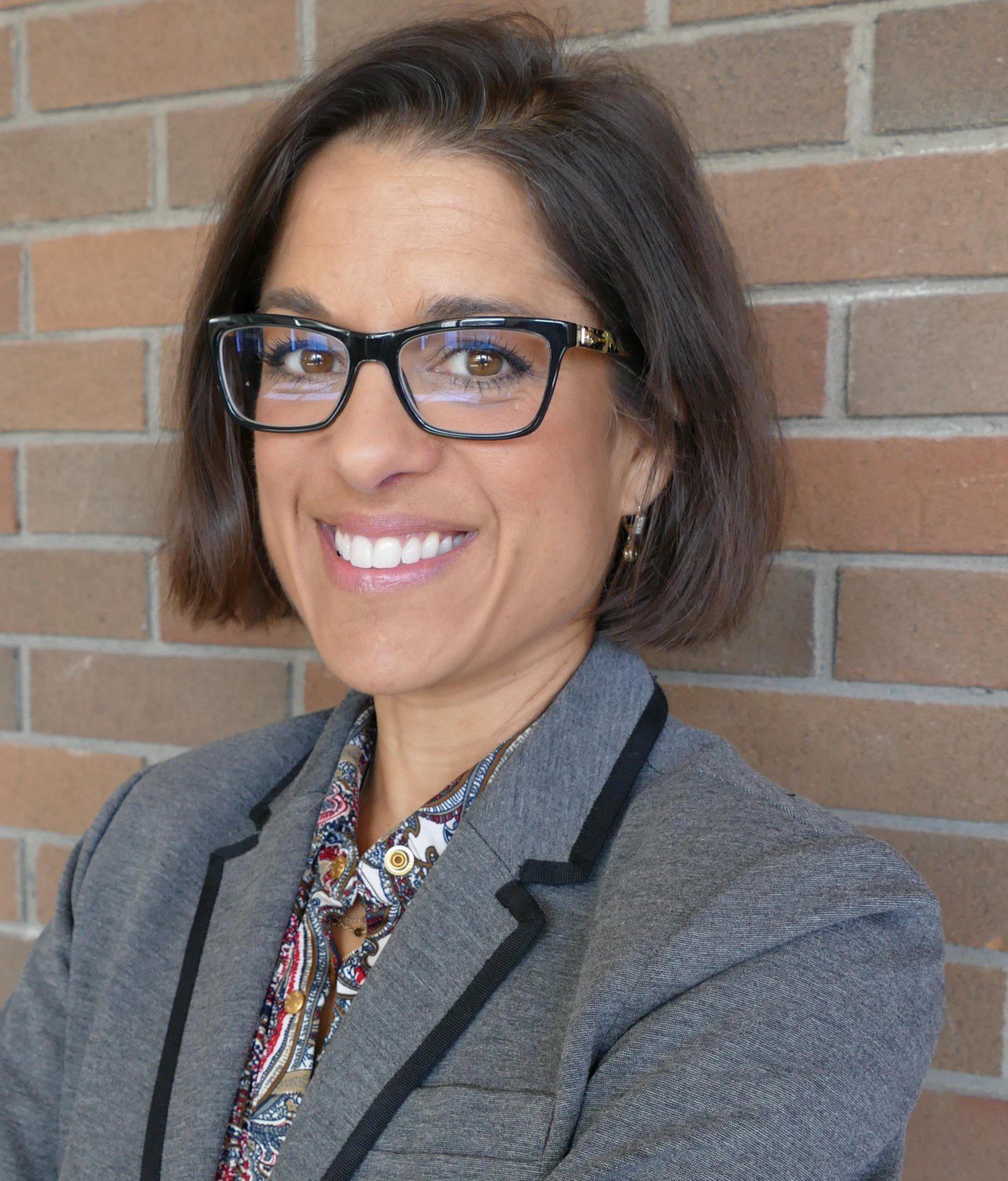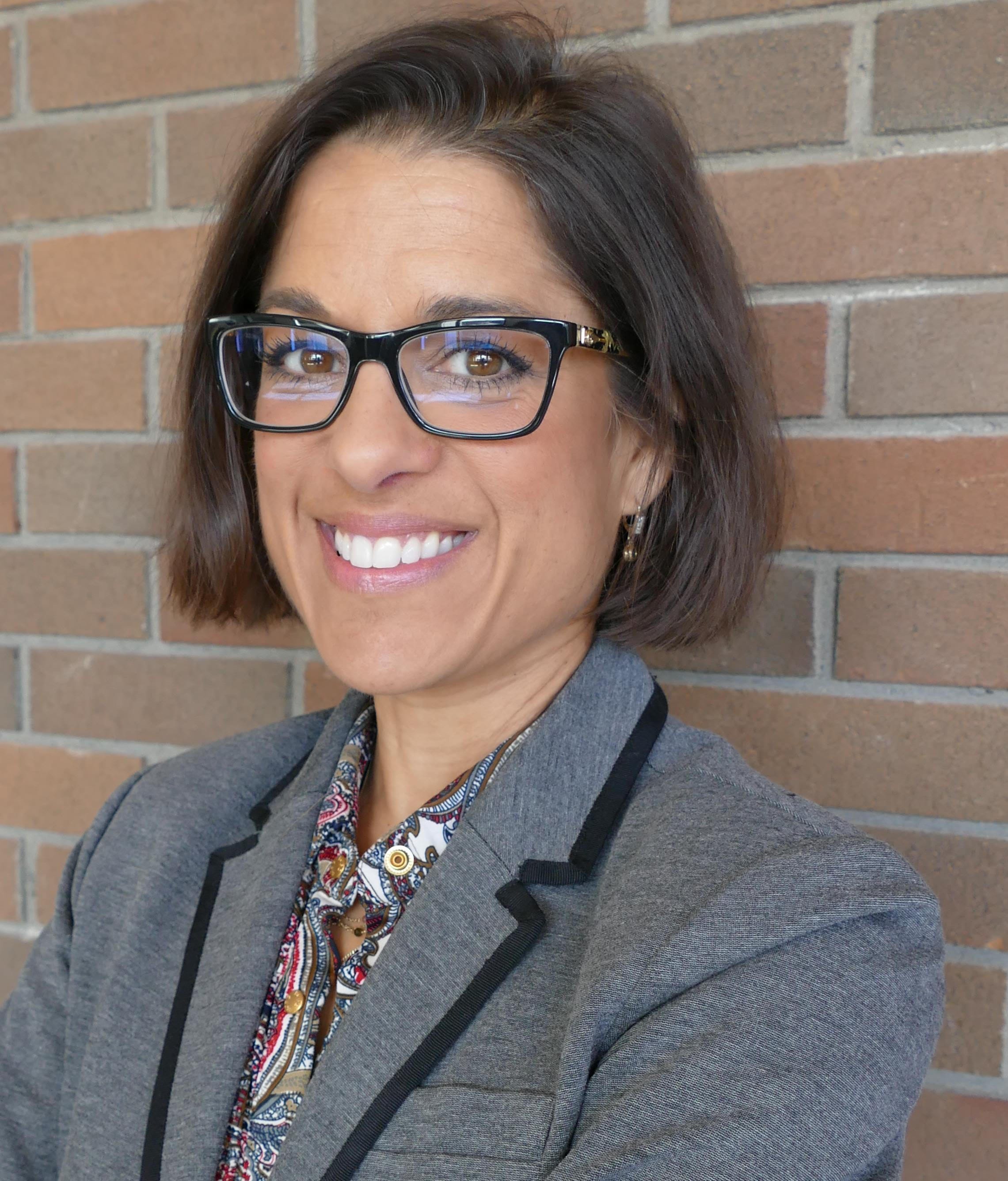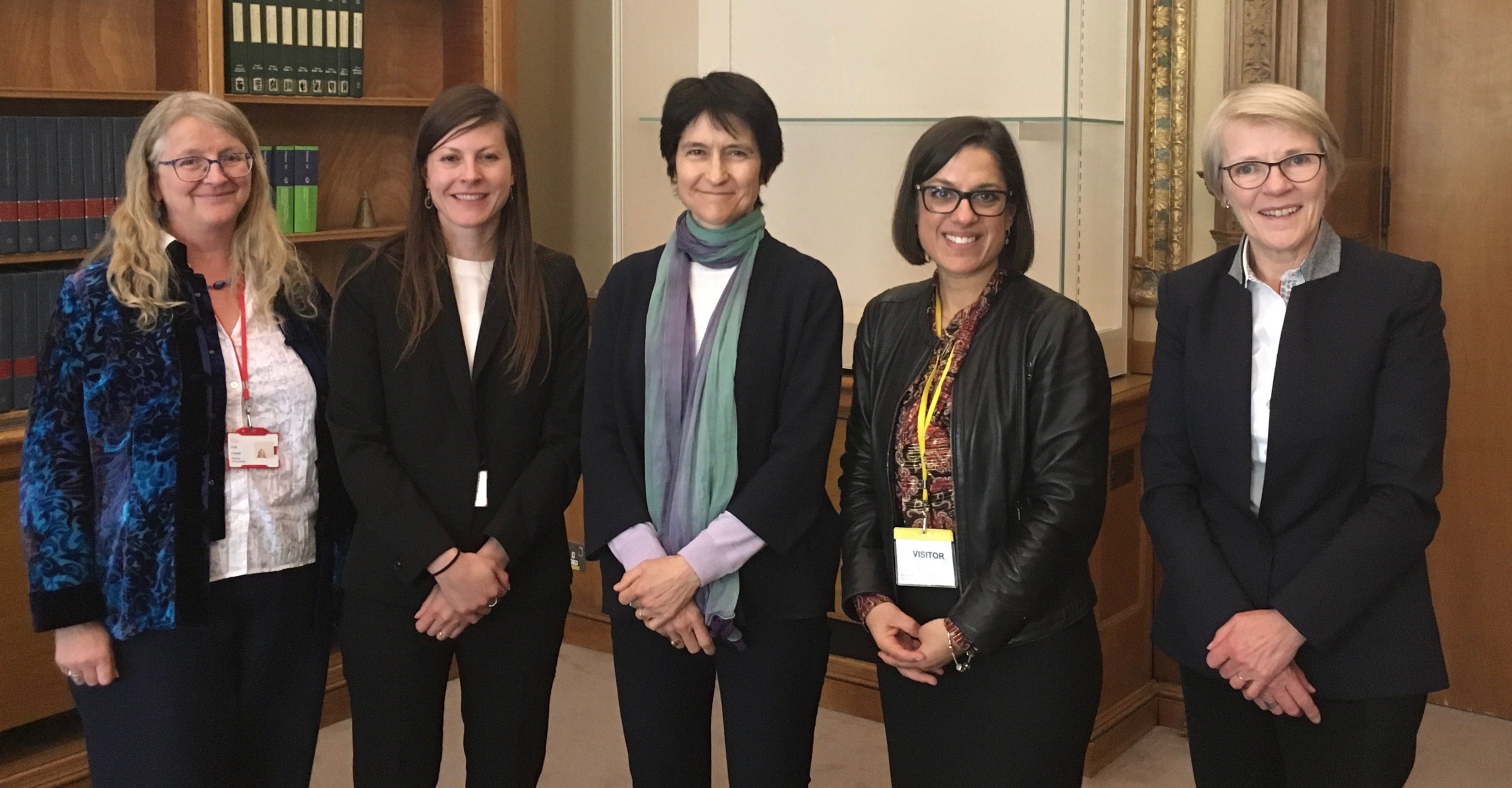Building confidence in a new experience: Janice Bailey, scientific director
Back to Posts

Every new job has its challenges and rewards, both of which Janice Bailey experienced when she became the scientific director atFonds de Recherche du Québec en Nature et Technologies — Nature et techonologies (FRQNT).
Making the transition to the new position posed two challenges for Janice, both professional and personal.
Her professional challenges stemmed from leaving academia and joining a more political organization. Fonds de Recherche du Québec en Nature et Technologies is a provincial government agency that provides research funding to various fields. Their goal is to promote research and spread scientific knowledge through government funding and professional partnerships.
Prior to becoming the scientific director, Janice was deeply involved in academia and administration as a professor and research associate dean for the faculty of agricultural and food sciences at Université Laval. Although she was familiar with FRQNT from an academic perspective, it was an entirely new experience for her to be on the giving side.
“I don’t think I could be scientific director had I not had that [administrative] experience as the research associate dean,” said Janice.
“There’s a kind of vocabulary professors don’t really have to worry about or don’t deal with…but I learned that [vocabulary] over the eight years as research associate dean, so that made the transition a little bit easier.”
Janice’s familiarity with more administrative vocabulary and expectations helped her along as she settled in as scientific director. But there were still challenges for her entering the political atmosphere.
Fonds de Recherche du Québec en Nature et Technologies is unique in that no other provinces have a comparable government-funded program. The agency receives funding directly from the Québec provincial government. With government comes the professional challenge of working within politics and directly with political members as FRQNT seeks to expand outside of Québec.
“One of our big mandates is to develop relations outside of Quebec, so internationally and other provinces in Canada, and one thing I don’t know about is ‘scientific diplomacy’, which is a whole new concept,” she said.
Janice tackled her unfamiliarity with the concept by finding articles to learn from. The Royal Society gives one definition of scientific diplomacy by narrowing it down to three main components: informing foreign policy, international science cooperation, and using science cooperation to improve international relations.
Janice also learned about scientific diplomacy by getting right into the thick of it when she travelled to the Royal Society of London earlier in May. She met with members of the society including Julie Maxton, the executive director, and Natasha Bevan, the head of international grants. The trip was to discuss the possibility of future collaborations as part of the mandate to expand international relations.

Growing into the new role
The transition to her new role wasn’t just professional and political — Janice had to mentally shift during the transition as well. She’d been a professor at Université Laval for 25 years, so leaving was a big change.
She’d received other job offers in the past but chose not to take them because of their location. She and her husband both has established careers in Québec, so an offer in another province would uproot them both.
One benefit to joining FRQNT was that Janice was able to keep her life in Montreal, offering consistency while moving out of academia after 25 years.
“The challenge is actually moving out of a position that you’ve had for so long and out of my comfort zone, but the one thing that made it a lot easier is I didn’t have to move cities,” said Janice.
“I’m still living in the same house, I still have my dog, I still have my yard, all that kind of stuff is the same thing, so that made it a lot easier for me.”
That still meant she had a whole new work atmosphere to adjust to. She left her familiar peers at Université Laval to join a whole new work environment and take the lead as scientific director.
Although difficult, the transition inspired Janice’s self-confidence to know she can do it. She uses the term “put on your big girl pants” in her life to push herself to take on challenges, be brave, and ultimately make a better research ecosystem in Québec.
That’s a term she never would have said seven years ago.
“I’ve had a huge battle with imposter syndrome throughout my career. Absolutely huge,” she said.
Imposter syndrome is a psychological term that describes when people feel like they can’t internalize their accomplishments and a fear of being exposed as a fraud.
As a result of her battle, she didn’t apply for either the research associate dean or the scientific director position. Instead, she was approached by the university and FRQNT to consider each position.
What helped her build her confidence was having people encourage her to give the positions a shot and finding resulting success. She’s even had her peers at Université Laval approach her during a celebration for her new job as scientific director to say they find her inspiring.
Even though she had never considered applying to be scientific director herself, her previous hard work was merit enough and led her to reach such an accomplishment.
Another comfort to her is knowing that she’s pursuing the position, not because of her ego, but because of her desire to provide leadership and keep things progressing and evolving.
Future goals to evolve
Janice has only been the scientific director since March, but she already has a set of goals for herself and the agency.
Two major items on Janice’s list of goals is to secure more government and partnership funding for researchers and form collaborations outside of Québec. Scientific diplomacy will very much come into play when forming those collaborations.
“Basic science is really the cornerstone of economic progress, I think, and we need to have more funds,” she said.
“I see a lot of benefit [from partnerships] because the research professors train fantastic young scientists that can then go work in industry to keep things cutting edge.”
Industry partnerships are able to get back from the research what they give in funding through innovative discoveries from the young scientists. Technologies discovered in the lab can have a real and big impact in daily life, such as in Janice’s own work in the agricultural industry.
Completing research projects, however, face a major hurdle — funding.

There are several funding sources available to researchers, including the government and large granting agencies such as NSERC. What the Québec agency works towards is to be complementary to other programs and supplement any gaps that might remain.
Janice herself received funding for her projects when she was a professor. Her funding was through the Nouveau Chercheur FCAR program and some of her own graduate students have been supported by the agency as well.
“This is one thing: if as a professor I didn’t like working or getting funding from [FRQNT], I would never want to work for them, but I feel very proud that I’m working for an agency now that was so supportive of me when I was a researcher because they funded me throughout my entire career,” she said.
“They’re very, very passionate about inclusion, equity, and diversity and so it’s great to come into an organization that already believes in that.”
Janice had a take a step back from her research after joining the organization because she now works exclusively for the province. She may have left her days as a professor and a researcher behind, but her work as the scientific director will make a difference for researchers to come.